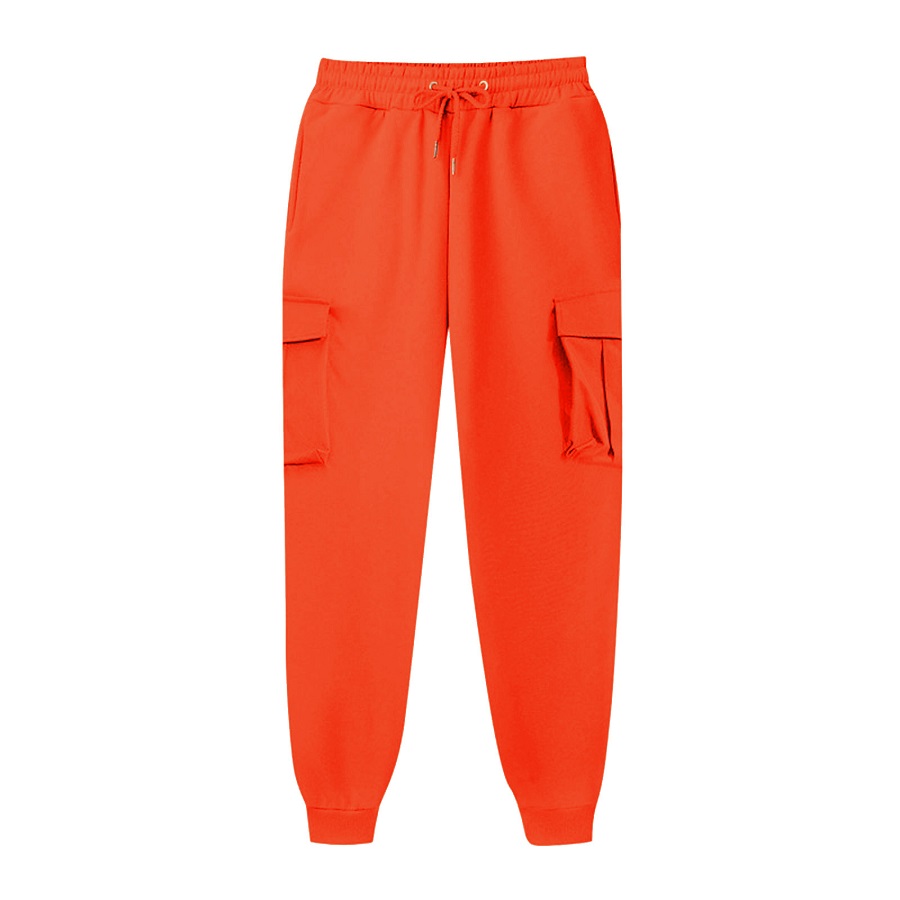
The black sequin dress has always been a timeless and iconic piece in the world of fashion. From its origins in the 1920s flapper era to its presence on the red carpets of today, this dress has undergone various transformations and adaptations.
The 1920s marked the beginning of the black sequin dress’s prominence. With the rise of the flapper culture, women started to embrace a more liberated and daring style. The black sequin dress became a symbol of rebellion and femininity, as it allowed women to express themselves through fashion in ways that were previously restricted. These dresses were often short, sleeveless, and covered in shimmering black sequins, reflecting the glitz and glamour of the Roaring Twenties. Paired with a feathered headband and long strands of pearls, the black sequin dress became the epitome of the flapper aesthetic.
As the 1930s rolled in, the black sequin dress underwent a subtle transformation. The economic downturn of the Great Depression led to a shift in fashion trends, with a focus on more modest and conservative styles. However, the black sequin dress managed to maintain its allure. It became longer and more fitted, emphasizing the female form while still maintaining an air of sophistication. Actresses like Jean Harlow and Marlene Dietrich popularized this glamorous look, often wearing black sequin gowns in their films and public appearances.
The 1940s brought with it a wave of change as World War II swept across the globe. With resources scarce and rationing in effect, fashion took a back seat. The black sequin dress became less prevalent during this time, as women focused more on practicality and supporting the war effort. However, it never completely disappeared. In smaller, more intimate gatherings, women still sought solace in the glamour of the black sequin dress, reminding themselves of better times.
The post-war era of the 1950s saw a resurgence of the black sequin dress, as the world slowly recovered from the horrors of the war. Hollywood played a significant role in popularizing this dress once again, with actresses like Marilyn Monroe and Audrey Hepburn donning black sequin gowns on and off the silver screen. The dresses of this era featured more intricate embellishments, such as beading and embroidery, adding an extra layer of luxury and opulence.
The 1960s brought a revolution in fashion, and the black sequin dress was not exempt from these changes. With the rise of the mod style and the influence of designers like Mary Quant and André Courrèges, the black sequin dress became more streamlined and minimalistic. The focus shifted from excessive embellishments to clean lines and simplicity. This new interpretation of the black sequin dress showcased the changing attitudes towards fashion and the desire for a more modern and forward-thinking look.
In the 1970s, the black sequin dress took on a disco-inspired vibe. With the rise of disco culture and the popularity of nightclubs, the dress became a staple for those seeking to dance the night away. The dresses of this era were typically body-hugging and featured plunging necklines and high slits, allowing women to show off their figures and exude confidence on the dance floor. The black sequins sparkled under the disco lights, creating a dazzling effect that perfectly matched the energetic atmosphere.
The black sequin dress continued to evolve in the following decades, adapting to the changing fashion landscape and staying relevant in popular culture. In the 1980s, it embraced the bold and extravagant style of the decade, with oversized shoulder pads and exaggerated silhouettes. In the 1990s, it became more minimalistic and grunge-inspired, reflecting the fashion trends of the time. And in the 2000s and beyond, it continued to grace red carpets around the world, with celebrities like Beyoncé and Rihanna making stunning appearances in black sequin dresses designed by renowned fashion houses.
In conclusion, the black sequin dress has proven to be a resilient and timeless piece in the fashion world. From its origins in the flapper era to its presence on red carpets today, this dress has undergone various transformations while retaining its allure and elegance. It has always been a symbol of glamour and femininity, allowing women to express themselves and make a statement through fashion. Despite the ever-changing trends and styles, the black sequin dress continues to capture the hearts of fashion enthusiasts and remains an iconic staple in every wardrobe.
